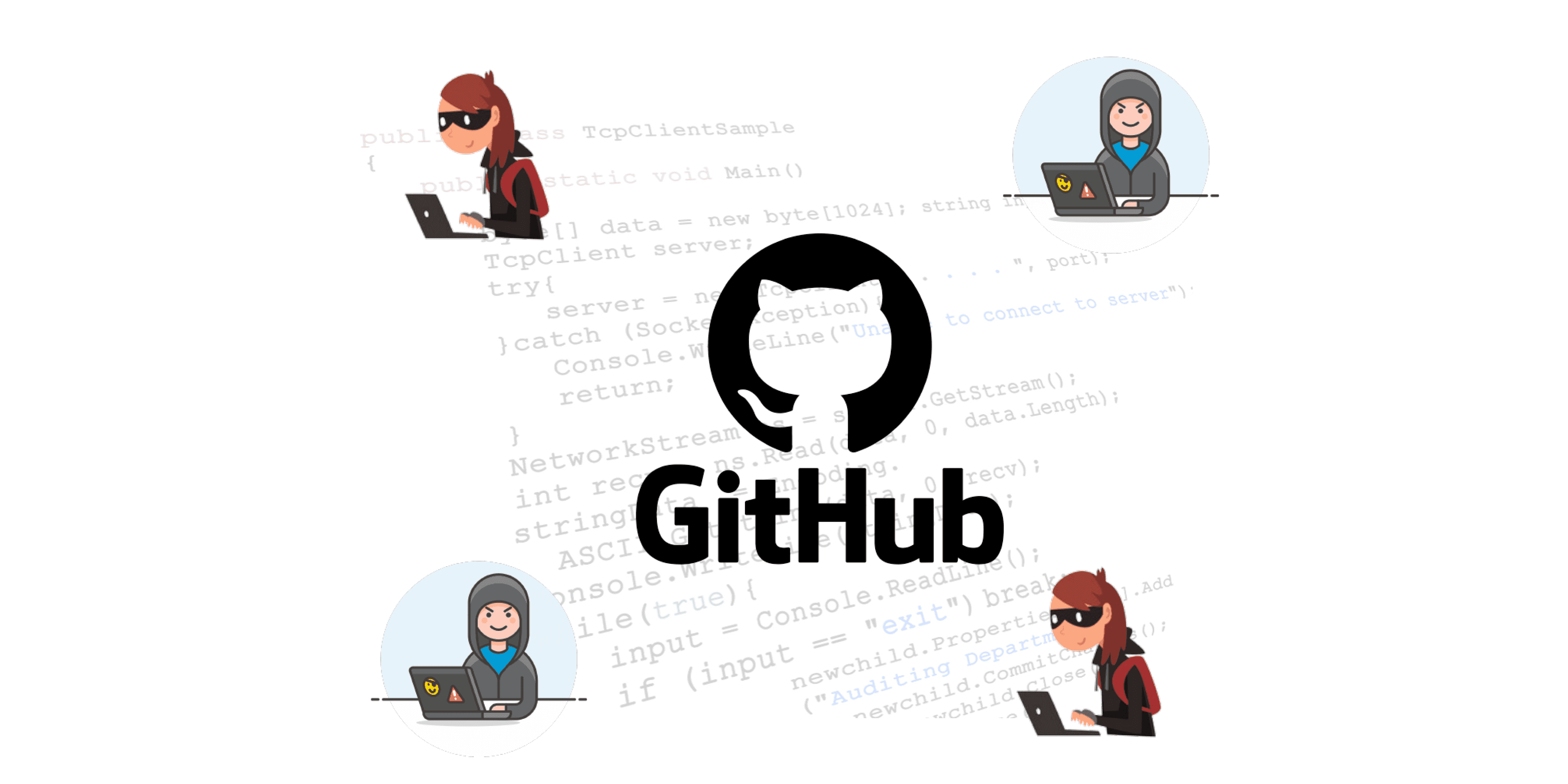
So, what is GitHub? How do we as Security Engineers get started?
Let me help you with that.
GitHub is primarily a web-based hosting service for software development projects that uses the version control system, Git. It allows developers to collaborate on code projects, track changes, and share code with others.
GitHub hosts a vast number of open-source projects, which can be a great way to learn about coding and programming. By exploring code repositories and reading through the documentation, you can gain insight into how experienced developers structure their code, solve problems, and implement solutions. You can also contribute to these projects by fixing bugs or adding new features, which can be a valuable learning experience.
Additionally, GitHub offers a range of tools and resources that can help you improve your coding skills. For example, it has a built-in code editor called GitHub Codespaces that allows you to test and run code without having to set up a local development environment. It also has a feature called GitHub Learning Lab, which provides interactive tutorials covering various coding topics, including Git, GitHub, and various programming languages.

Did you know that GitHub can also benefit Security Engineers? You heard that right.
It is a valuable resource for collaboration, code sharing, and staying up to date with the latest developments in the field. Here are some reasons why a security engineer may want to have a GitHub account:
- Access to open-source security tools and libraries: GitHub hosts a vast number of open-source projects related to security, including tools, libraries, and frameworks that can help security engineers in their work. By browsing through repositories on GitHub, security engineers can find and use these tools in their projects.
-
- Collaboration with other security professionals: GitHub makes it easy for security professionals to collaborate on projects and share their code. This can be especially useful in the security field, where sharing knowledge and expertise can help to improve security practices and prevent security breaches.
-
- Staying up to date with the latest security trends: By following security-related repositories on GitHub, security engineers can stay informed about the latest developments in the field, including new vulnerabilities, attack methods, and defense techniques.
-
- Contributing to open-source security projects: Security engineers can also contribute to open-source security projects on GitHub by reporting bugs, fixing issues, and adding new features. This can be a great way to build their skills, gain experience, and network with other security professionals.
Overall, having a GitHub account can be a valuable asset for security engineers, as it provides a platform for collaboration, learning, and sharing of code and knowledge within the security community. You can get your own GitHub account at [https://github.com].
Note that GitHub offers both free and paid plans, with different features and benefits. If you are just getting started with GitHub, the free program should be sufficient for most purposes.

Enjoy learning!